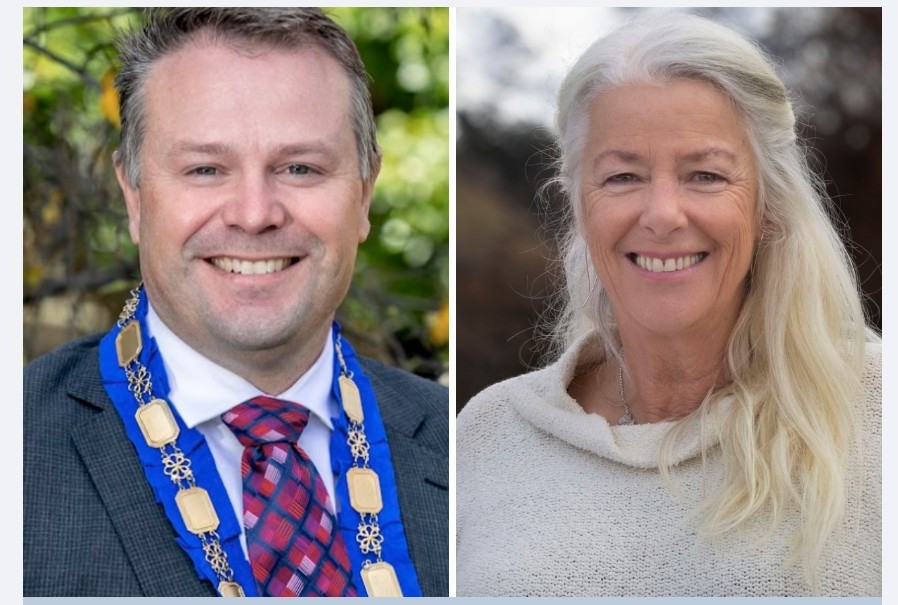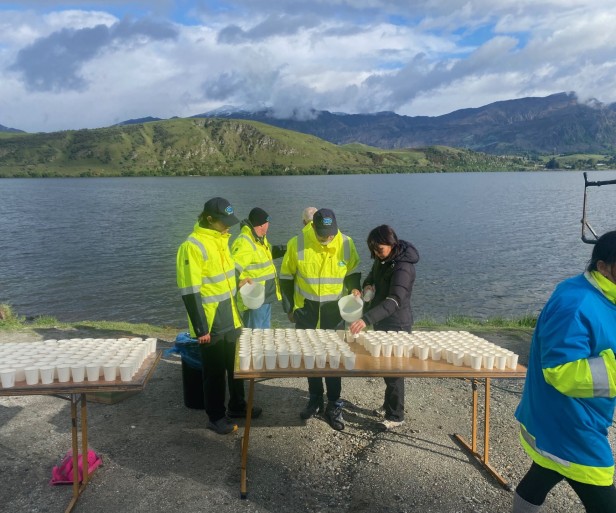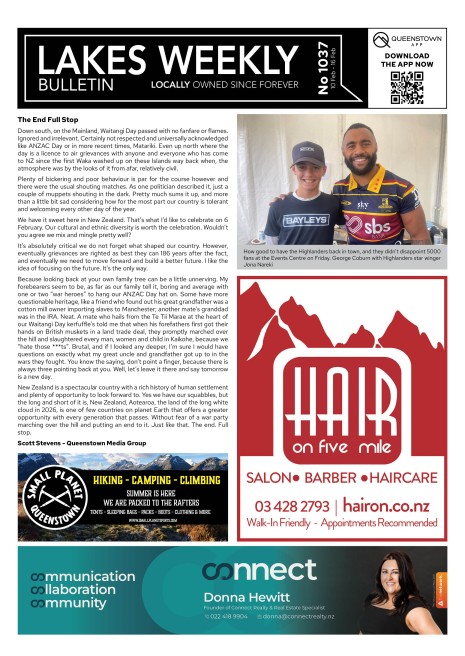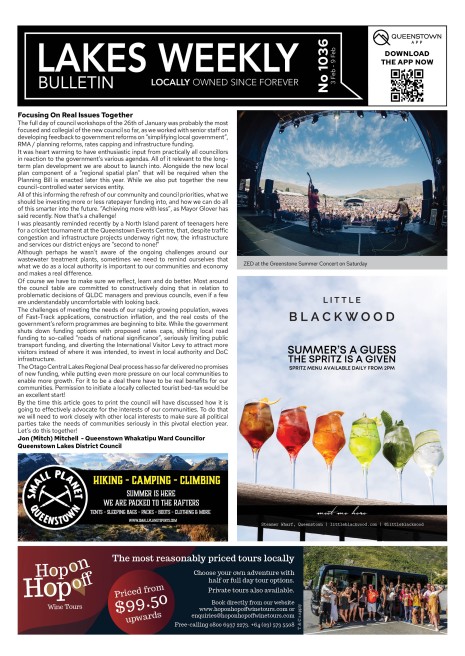Messy meeting ends with access to regional deal negotiations for councillors

Kim Bowden / Central App
Elected members from the three Otago councils forming a joint committee to negotiate a regional deal with central government will now be able to access reports and sit in on public-excluded sessions, following clarification at a fractious meeting this week.
Otago Regional councillor Alexa Forbes, who had objected to excluding councillors, said the group agreed that councillors are not considered members of the public under the Local Government Act and therefore should not be shut out of proceedings.
“Once this was fully discussed by the committee, everyone agreed that councillors should have access and we were able to proceed into public excluded without further interruption,” she said.
“Councillors will now receive those papers and will be able to attend the meetings as observers. This is the right thing to do under the Act.”
Proponents say the clarification is an important win for transparency and governance in what is expected to be a complex negotiation process.
The agreement followed a procedurally messy second meeting of the joint committee on Monday (August 18), which had been abruptly adjourned amid confusion over whether councillors could be excluded along with the public and how any decision on that should be made.
Alexa had raised concerns about under what authority or guidance the committee was able to exclude other elected members, while Queenstown Lakes mayor Glyn Lewers accused her of representing “a very minority view” aimed at undermining progress of any regional deal.
Central Otago mayor Tamah Alley emphasised the need to keep councils engaged, noting the process is untested and risks could emerge if elected members feel sidelined.
When debate over whether to move into public-excluded deadlocked, the meeting was briefly adjourned by chair Gretchen Robertson.
The committee later reconvened, unanimously agreed to exclude the public, and carried on behind closed doors, leaving watchers of the meeting in the dark as to what had happened.
The Central App can now confirm that consensus was reached to allow all elected members from the three councils represented on the committee to receive papers and sit in on public-excluded sessions as observers, thanks largely - according to Alexa - to competent chairing of the debate by Gretchen.
Speaking to The Central App after Monday’s meeting, Gretchen said while some agenda items must be considered in public-excluded, this is because the committee is in live talks with the government.
“The committee must protect the region’s bargaining position while terms are still being discussed,” she said.
“We must abide by our confidentiality obligations under the City and Regional Deals framework.
“We also have an obligation to protect sensitive information that comes from the public and private sector, some of which may be commercially sensitive.”
She stressed meetings are public by default and transparency is important.
“Every exclusion is resolved in open session and the legal grounds clearly stated on the agenda and in the resolution."
“We know there’s strong public interest in the Regional Deals and we want to be as transparent as possible with as much content as possible released after each meeting, following review with the Department of Internal Affairs.”
Gretchen confirmed the committee works on consensus decision making, after Queenstown Lakes District mayor Glyn Lewers challenged this at Monday’s meeting, declaring his own council’s majority-rules standing orders trumped.
“As a partnership, this ensures that all partners around the table agree with a course of action before decisions are made,” Gretchen said.
Consensus decision making means that debate will continue until all members agree to take a decision forward.
“There are likely to be some challenging decisions as we work through this process and good robust discussion will enable the consensus decision making.”
The regional deal is intended to align local and central government on long-term priorities across Queenstown Lakes and Central Otago.
Otago was one of the first regions to sign a Memorandum of Understanding with the government in July, alongside Auckland and Western Bay of Plenty.
Each deal will set out a 30-year vision with a 10-year strategic plan, with the government aiming to finalise the first agreements by the end of the year.







